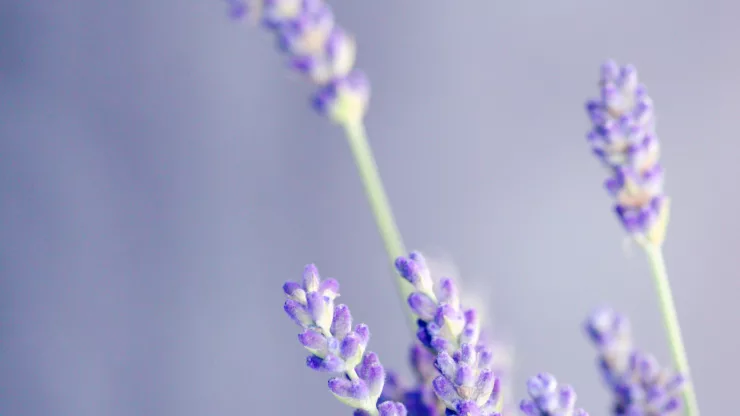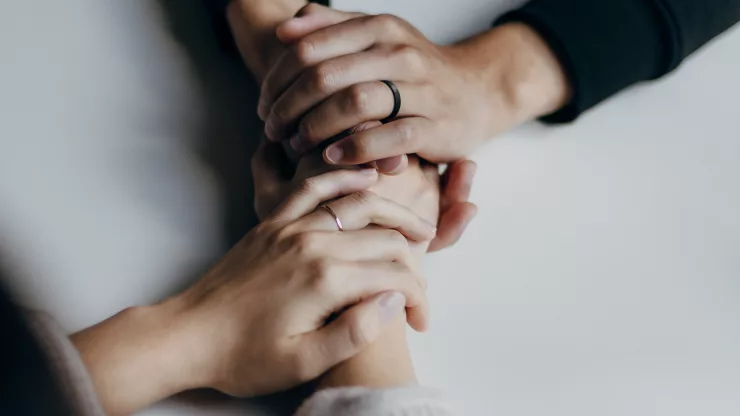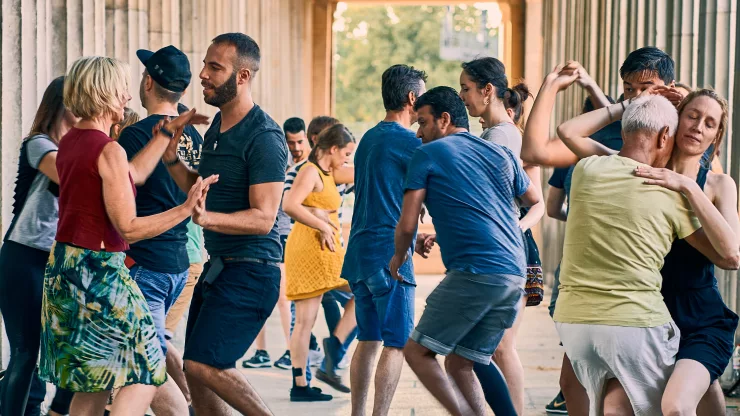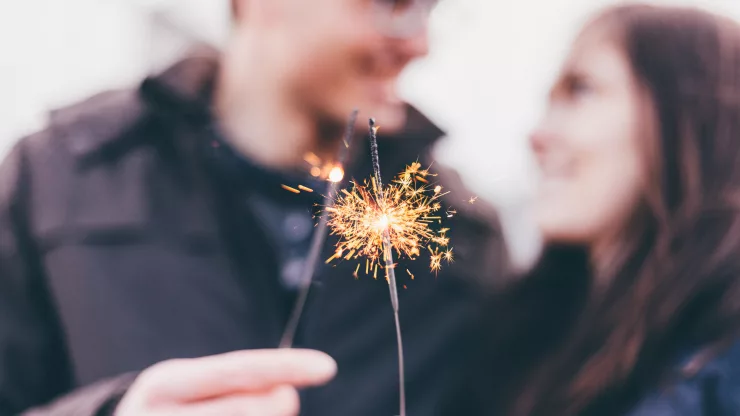Aromatherapy and its Benefits
Aromatherapy is the practice of using essential oils to enhance physical, emotional, and mental well-being. It is a form of alternative medicine that has been used for centuries in various cultures around the world.
Aromatherapy has numerous benefits, including reducing stress, anxiety, depression, and pain, improving sleep quality, and boosting the immune system.
In this article, we will explore the science behind aromatherapy, essential oils, techniques and practices, and top essential oils for happiness and well-being.
Jump to Section
The Science behind Aromatherapy
Aromatherapy works by stimulating the olfactory system, which is responsible for our sense of smell.
The olfactory system is directly connected to the limbic system, which is the part of the brain that controls emotions, memories, and behaviors.
When we inhale essential oils, the molecules travel through the nasal cavity and reach the limbic system, where they can have a profound effect on our mood and emotions.
Research has shown that certain essential oils can have a calming effect on the nervous system, reducing stress and anxiety. Other essential oils have anti-inflammatory and analgesic properties, making them effective in reducing pain and inflammation.
Aromatherapy has also been found to boost the immune system by increasing the production of white blood cells.
Essential Oils: Understanding the Basics
Essential oils are concentrated plant extracts that are obtained through steam distillation, cold pressing, or solvent extraction. They contain the aromatic compounds of the plant, which are responsible for their therapeutic properties.
Essential oils are highly concentrated and should never be applied directly to the skin or ingested. They should always be diluted in a carrier oil, such as coconut or jojoba oil, before use.
There are hundreds of essential oils available, each with its unique therapeutic properties. Some of the most popular essential oils include lavender, peppermint, eucalyptus, tea tree, and lemon.
Each essential oil has a different aroma and effect on the body and mind.
Aromatherapy Techniques and Practices
There are several ways to use essential oils in aromatherapy, including inhalation, topical application, and diffusion. Inhalation involves inhaling the aroma of the essential oil directly from the bottle or by using a diffuser.
Topical application involves diluting the essential oil in a carrier oil and applying it to the skin. Diffusion involves using a diffuser to disperse the essential oil into the air.
Massage is another popular aromatherapy technique that involves using essential oils in conjunction with massage therapy. This can help to relieve muscle tension, reduce stress, and improve overall well-being.
Top Essential Oils for Happiness and Well-being
Here are some of the top essential oils for happiness and well-being:
-
Lavender: known for its calming and relaxing properties, lavender is ideal for reducing stress and promoting relaxation.
-
Peppermint: this refreshing oil is great for boosting energy and improving mental clarity.
-
Lemon: known for its uplifting and invigorating properties, lemon is great for reducing stress and improving mood.
-
Bergamot: this citrusy oil is great for reducing anxiety and promoting relaxation.
-
Ylang-ylang: this floral oil is great for reducing stress and promoting relaxation.
Incorporating Aromatherapy into Your Daily Life
Incorporating aromatherapy into your daily life is easy and can have a significant impact on your well-being. Here are some ways to incorporate aromatherapy into your daily routine:
-
Use a diffuser: diffuse your favorite essential oils throughout your home or office to promote relaxation and reduce stress.
-
Take a bath: add a few drops of essential oils to your bathwater to promote relaxation and relieve muscle tension.
-
Use in skincare: add a few drops of essential oils to your skincare routine to improve skin health and promote relaxation.
-
Use in massage: add a few drops of essential oils to your massage oil to enhance the benefits of massage therapy.
FAQ
What are the side effects of aromatherapy?
Aromatherapy is generally safe when used correctly. However, some people may experience allergic reactions or skin irritation when using essential oils.
It is important to dilute essential oils properly and patch test before use.
Can essential oils be ingested?
No, essential oils should never be ingested. They are highly concentrated and can be toxic if ingested.
How often should I use aromatherapy?
This depends on your individual needs and preferences. Some people may benefit from using aromatherapy daily, while others may only use it occasionally.
It is important to listen to your body and adjust your use accordingly.

With a deep passion for personal development, Ben has dedicated his career to inspiring and guiding others on their journey towards self-improvement.
His love for learning and sharing knowledge about personal growth strategies, mindfulness, and goal-setting principles has led him to create My Virtual Life Coach.
Contact Ben at [email protected] for assistance.




